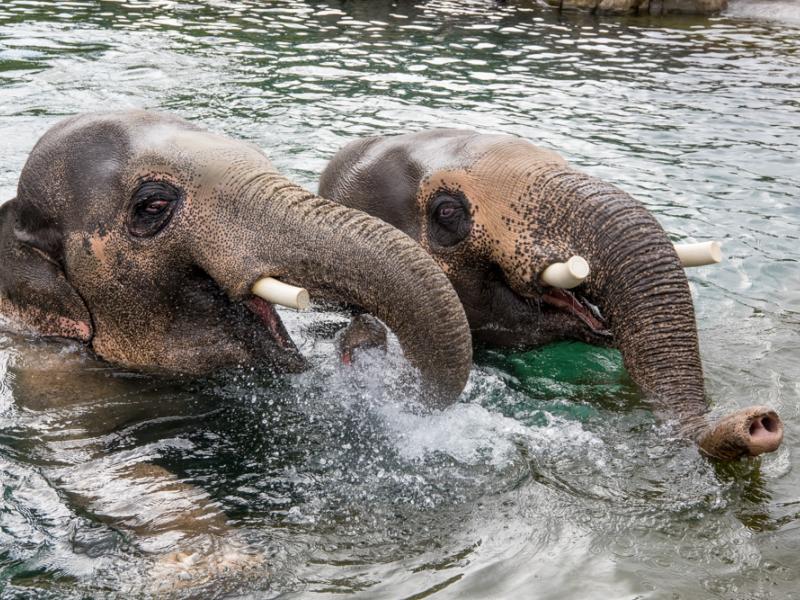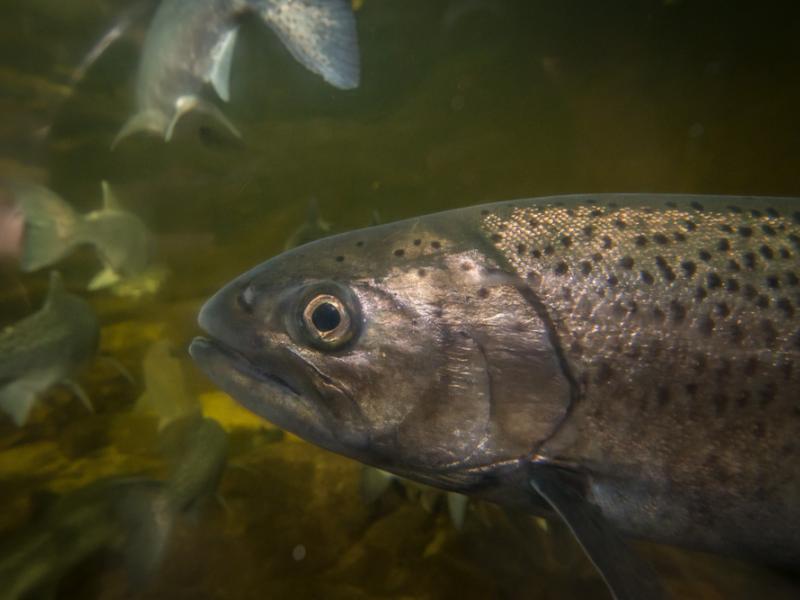Small actions that help bats
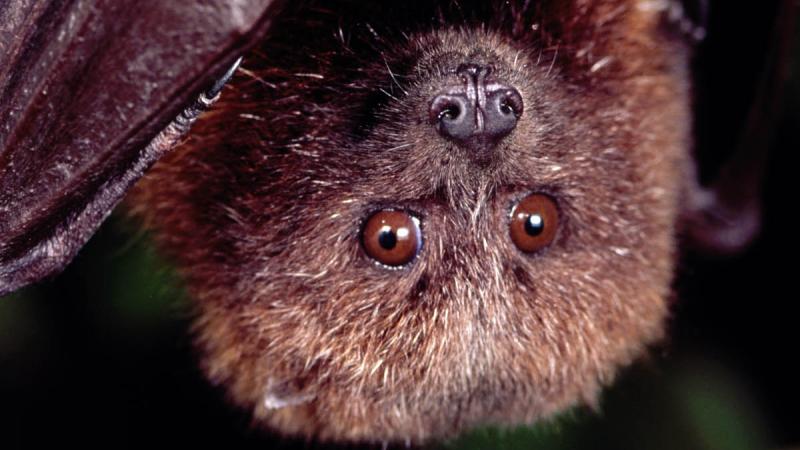
Bats live on every continent except Antarctica and play an important role by eating insects, pollinating plants and dispersing seeds. While habitat loss threatens bats worldwide, other pressures vary regionally. In North America, a fungal disease called White-nose Syndrome has killed nearly six million bats since 2006. Pesticides have also been linked to weakened immune systems in bats, making them more susceptible to diseases. In Southeast Asia and Oceania, deforestation and bush meat hunting have driven some species close to extinction.
How you can help
-
Install a bat house
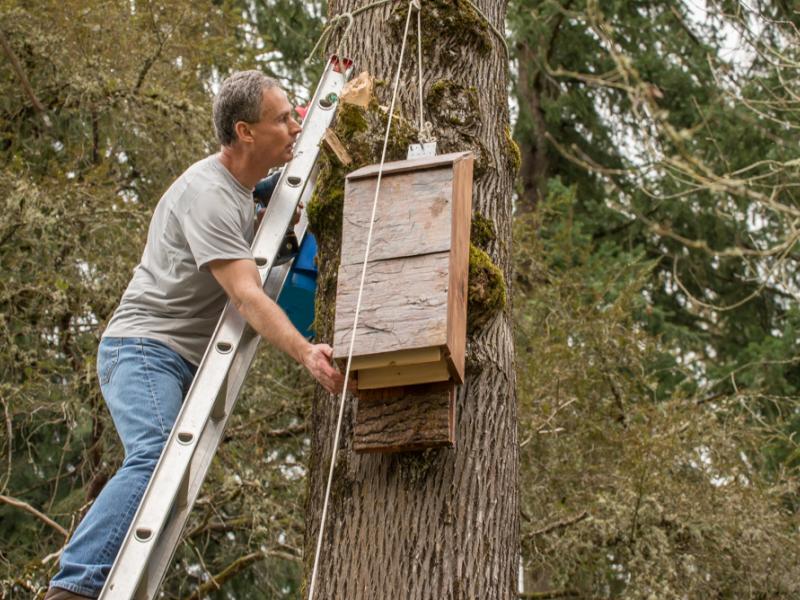
Artificial roosting sites become more important to bats as their natural habitat declines. A properly designed, constructed and located bat house can provide a warm place for female bats to rear their young, and can offer an alternative roost when bats are "evicted" from human houses. Attracting bats to your property can help keep mosquito and garden pest populations in check.
-
Purchase organic produce, especially for the “dirty dozen”
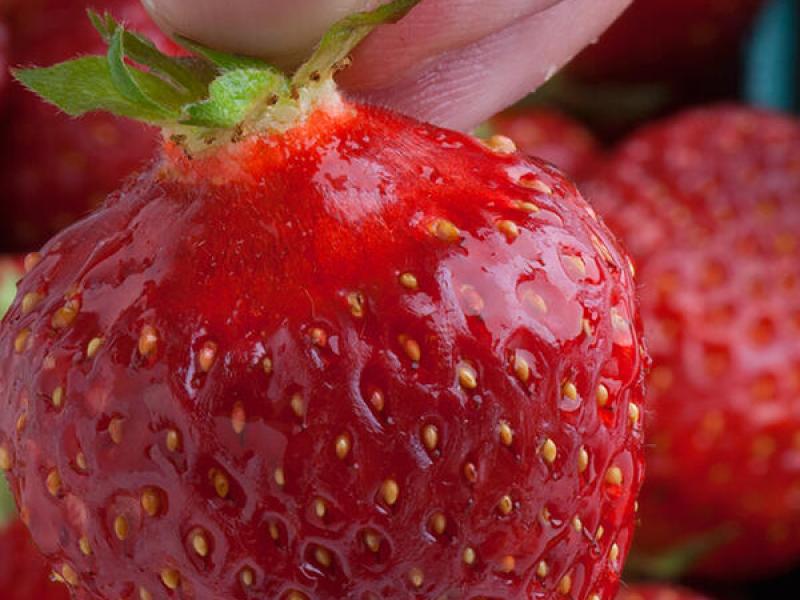
Choosing organic produce helps keep pesticides from harming pollinating insects, birds and other wildlife. Consumers on a budget can prioritize their organic purchases based on which produce have the highest pesticide residues. The "dirty dozen" includes peaches, apples, sweet bell peppers, celery, nectarines, strawberries, cherries, pears, imported grapes, spinach, lettuce and potatoes.
-
Choose non-toxic garden pest control
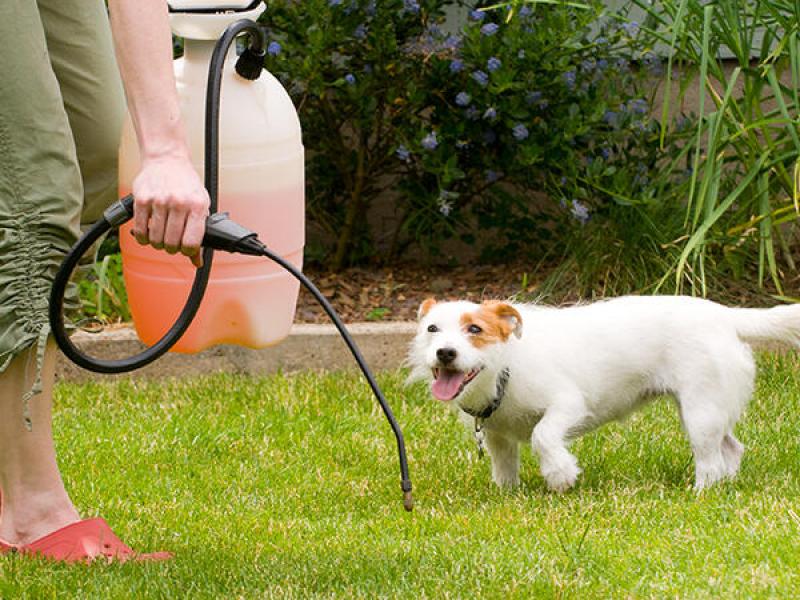
Garden products like pesticides and fungicides can harm wildlife — not just garden pests — and pollute the environment. Learn more about getting rid of pests without chemicals.
-
Landscape your property with wildlife-friendly plants
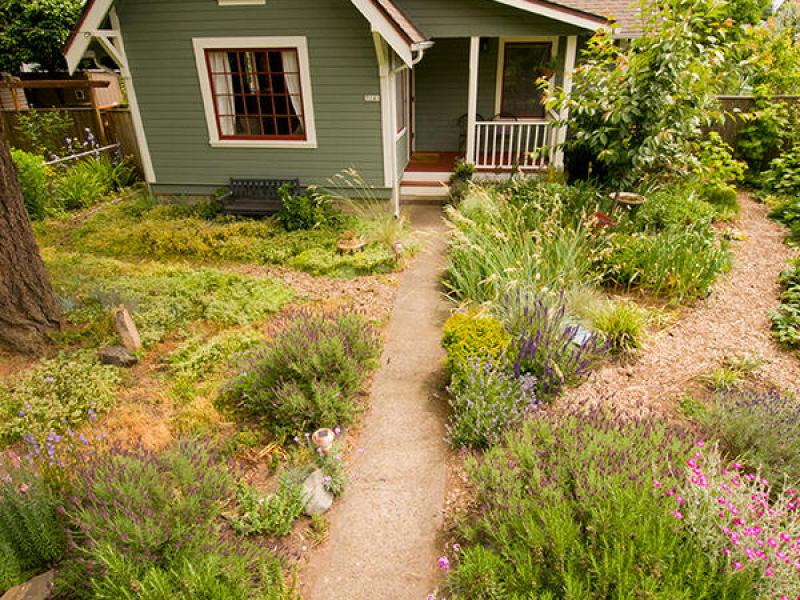
Eliminating invasive weeds and including wildlife-friendly plants in your backyard or landscaping provides excellent food and shelter for the birds, amphibians, pollinators and other species native to your area. Many native plants also thrive without the need for much care, saving water, energy, time and money, all while showcasing the natural beauty in your region.
-
Look for the FSC-certified label on wood and paper products
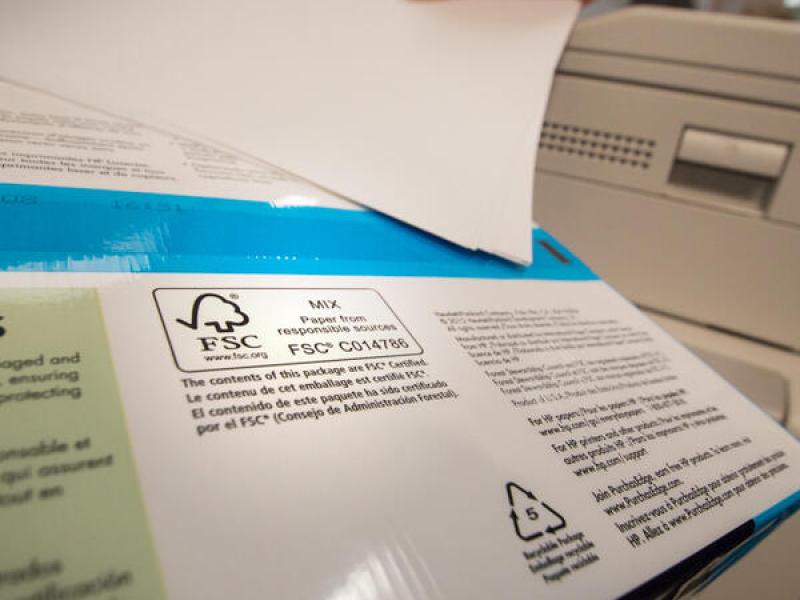
Whether you’re purchasing napkins, paper or a bed frame, look for the Forest Stewardship Council (FSC) label to help ensure that your wood product is “friendly” to forests. Forests are home to 80% of the world’s terrestrial biodiversity and they help to stabilize the earth’s climate. FSC standards help limit clear cuts, restrict the most hazardous chemicals and reduce erosion along rivers.
-
Leave the leaves
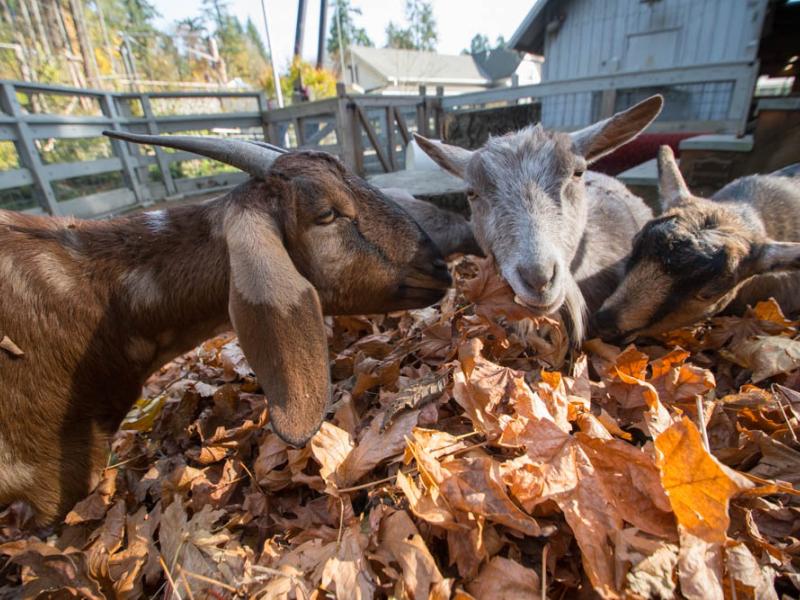
Leaving leaves where they land provides shelter for pollinators, invertebrates, birds and reptiles. These species help manage pests and increase pollination in your garden, so having a habitat for them can keep them around when you need them the most. By spring the leaves will compost and enrich your soil.
-
Donate to the Oregon Zoo Foundation
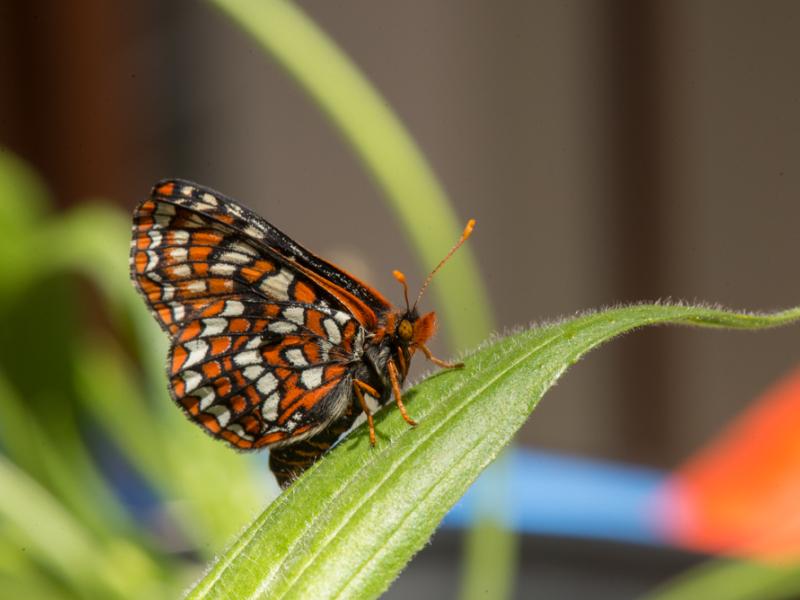
Donate now and make a world of difference for wildlife!


